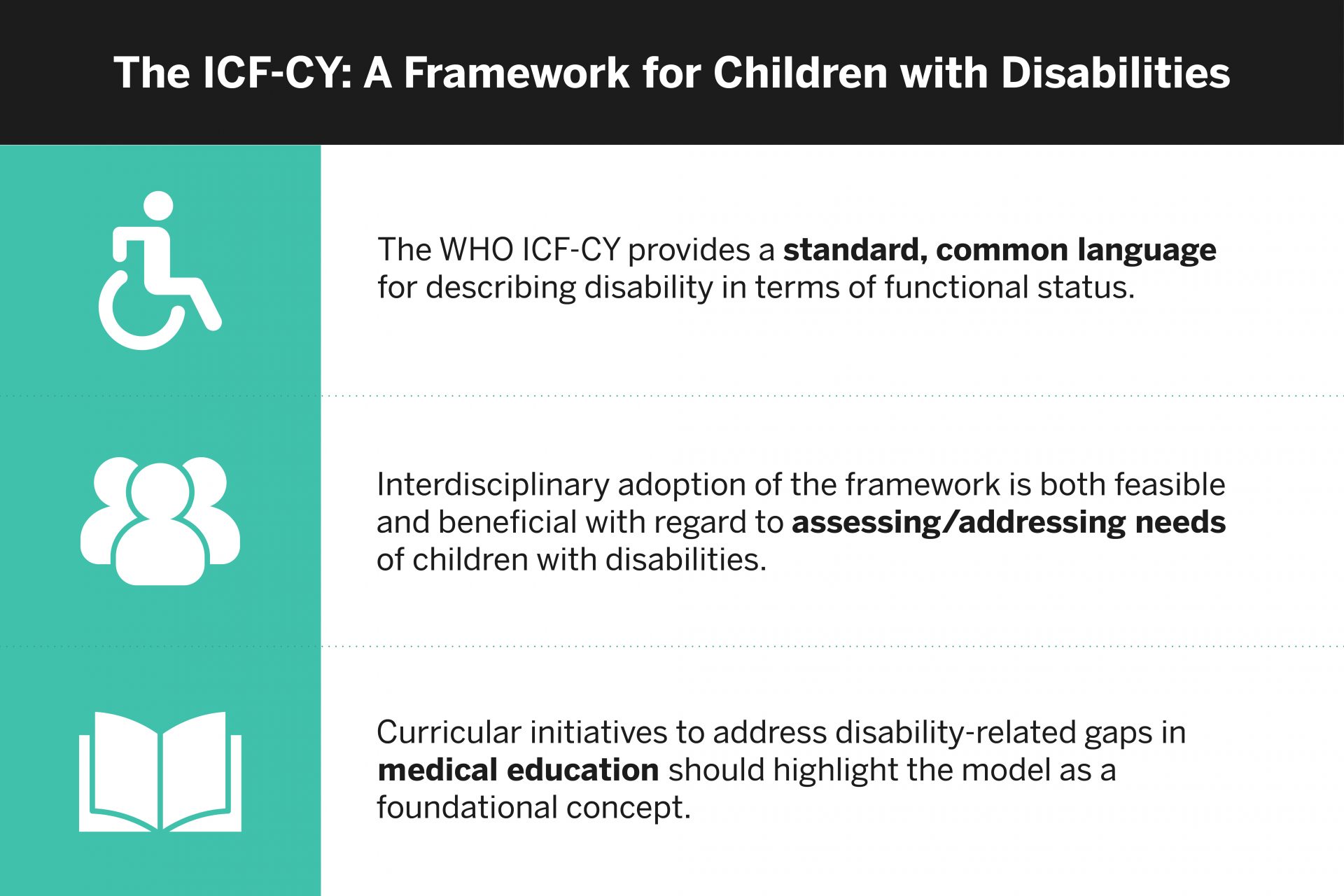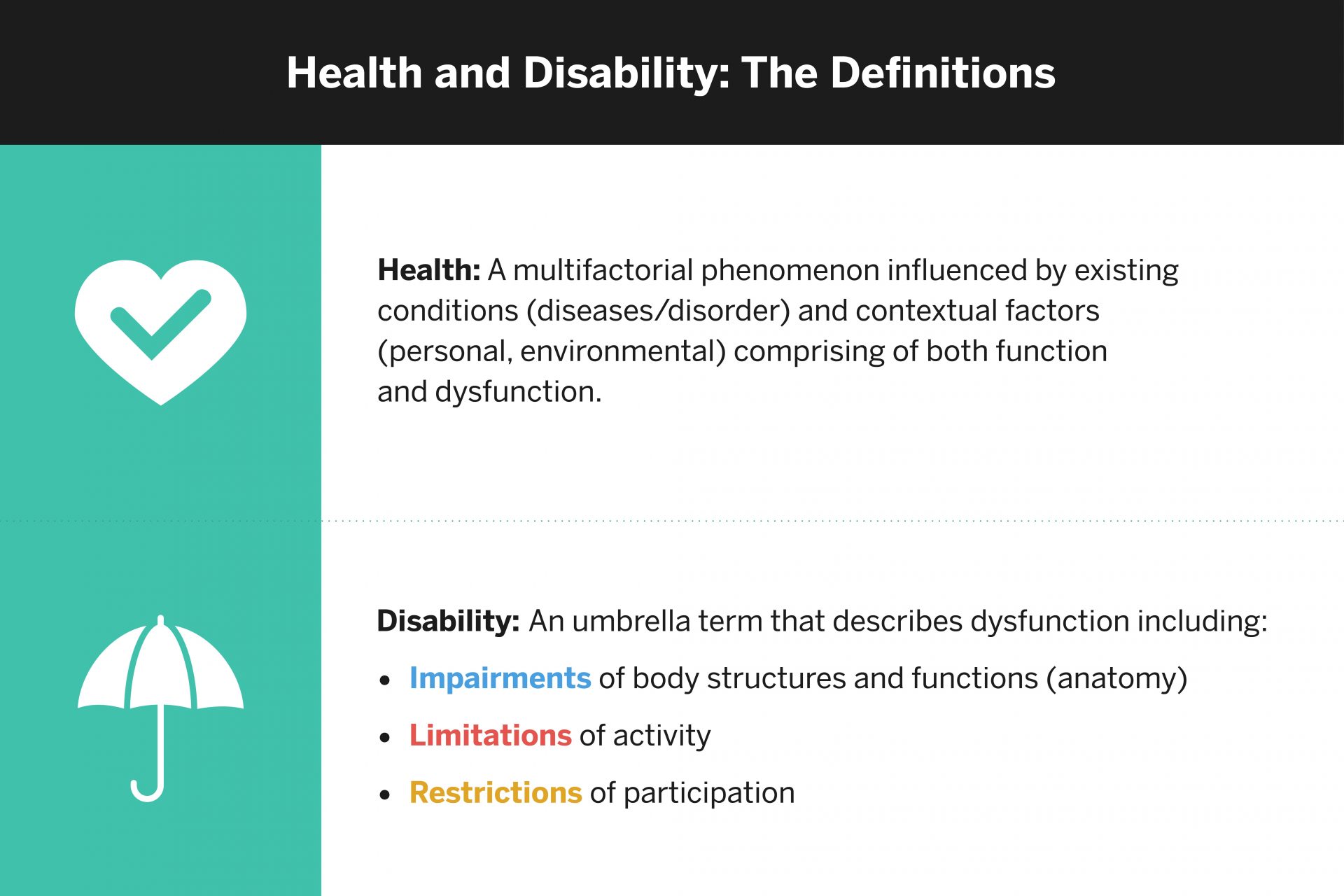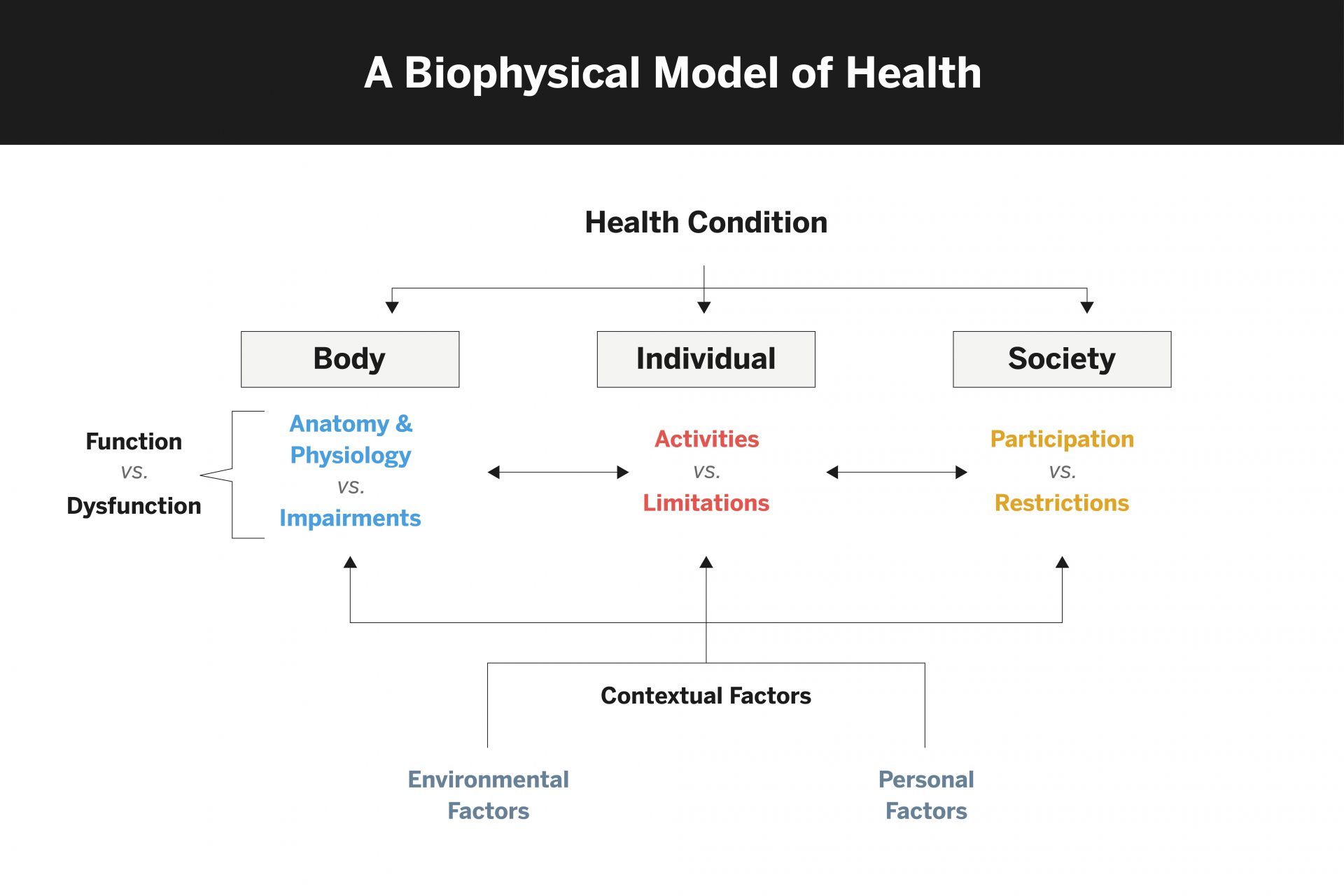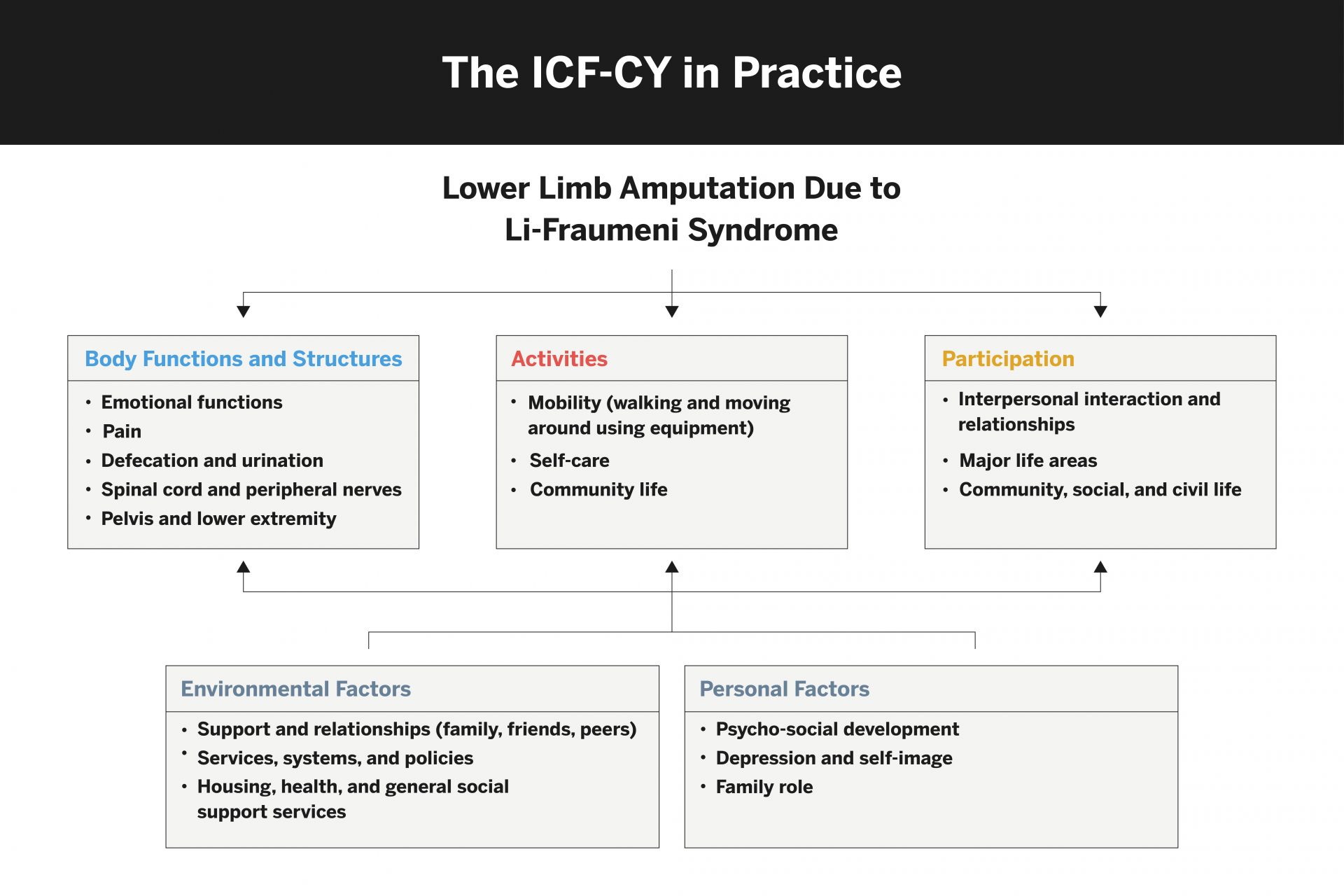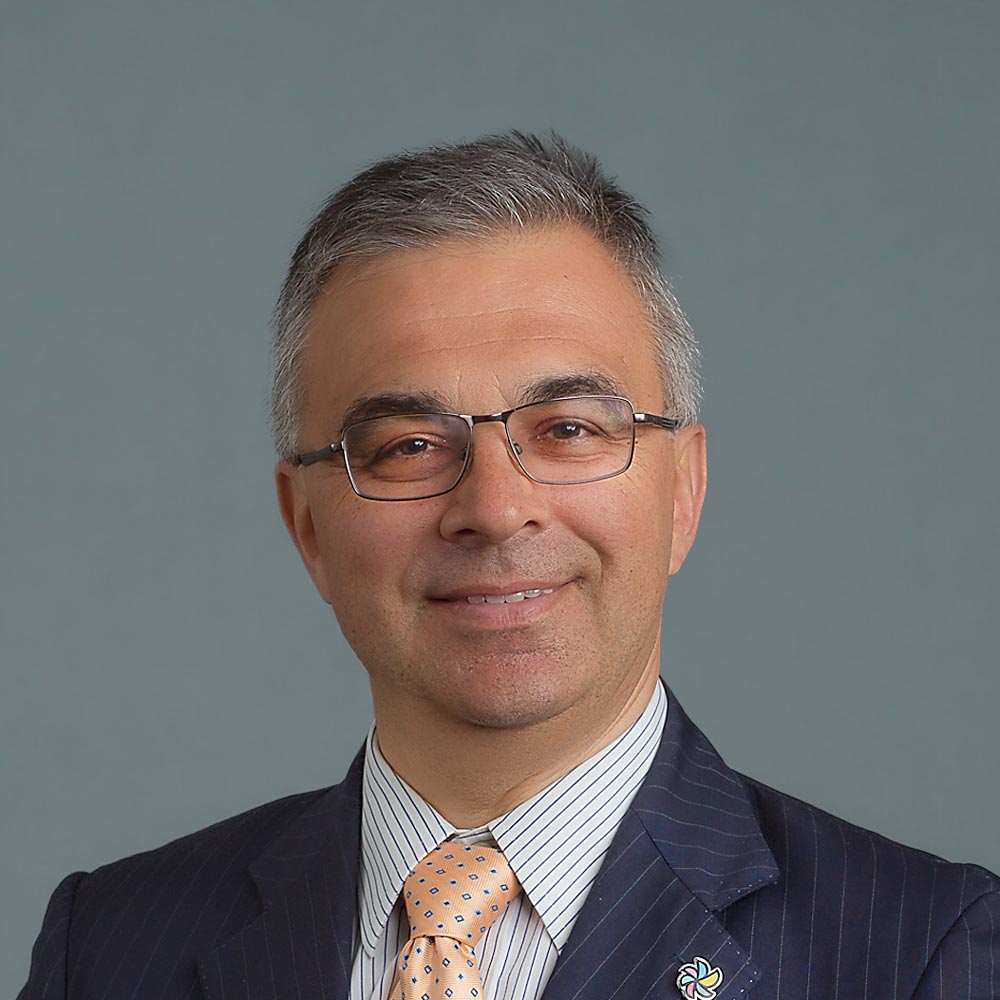Over the past several decades, chronic health conditions and disabilities among children and youth have steadily risen. Despite this, the adoption and utilization of interdisciplinary models of rehabilitation care have been slow.
In 2007, the World Health Organization (WHO) published the International Classification of Functioning, Disability, and Health for Children and Youth (ICF-CY), a biopsychosocial framework for interdisciplinary care of children and adolescents with disabilities. “Even though ICF-CY was published roughly two decades ago and there are evidence-based recommendations in regard to its implementation, it has yet to be fully implemented in medical education and practice within the United States,” says Renat R. Sukhov, MD, a clinical associate professor of rehabilitation medicine.
“Interdisciplinary adoption of the ICF-CY common language is not only feasible but beneficial for complex pediatric patients.”
Renat R. Sukhov, MD
According to Dr. Sukhov, adherence to WHO principles can help facilitate comprehensive, multidisciplinary rehabilitation care, noting that these principles, when applied correctly, are useful for managing medically complex pediatric patients.
His team has published several case reports detailing the successful implementation of the ICF-CY in complex cases, including an 18-year-old with osteosarcoma in the setting of Li-Fraumeni syndrome necessitating amputation, a 14-year-old with congenital heart disease who experienced sudden cardiac arrest, and a 13-year-old with a spinal cord injury as a complication of an aneurysmal bone cyst.
In clinical settings, implementation of the model has been shown to optimize child participation, improve quality of life assessments and value-based care delivery systems, and streamline medical management, Dr. Sukhov says.
Given prolonged hospitalization, for example, some patients report feeling psychologically drained and a desire to go home to be with their family. However, environmental barriers may preclude safe discharge.
By applying the framework, environmental and psychological factors can be prioritized, facilitating patients’ return home, fully functional, both quickly and safely.
“Interdisciplinary adoption of the ICF-CY common language is not only feasible but beneficial for complex pediatric patients,” says Dr. Sukhov. For best outcomes, pediatric physiatrists should be consulted as early as possible, and while a physiatrist is likely the most qualified to introduce, implement, and guide the use of ICF principles, Dr. Sukhov explains that they can be tailored and applied by the entire medical team for better patient care.


